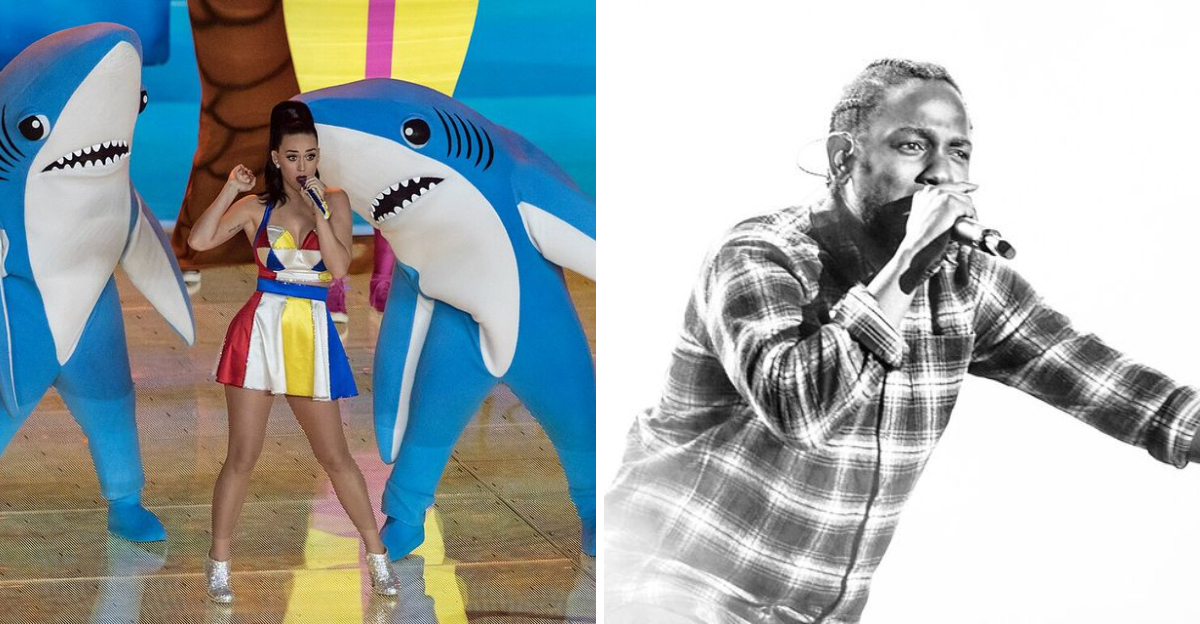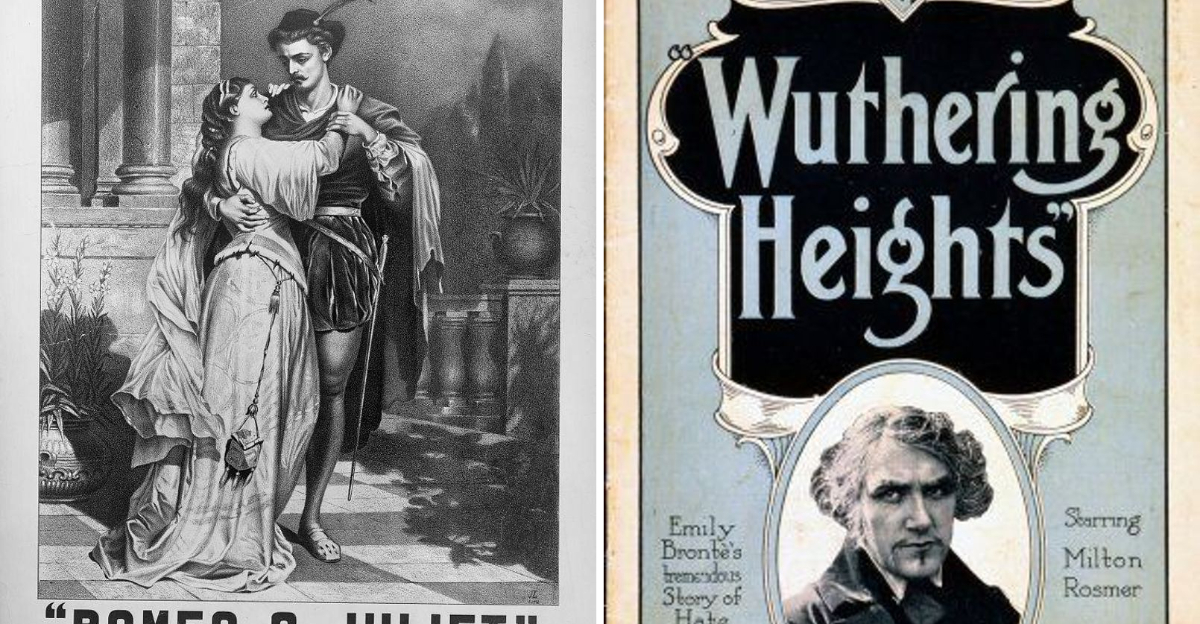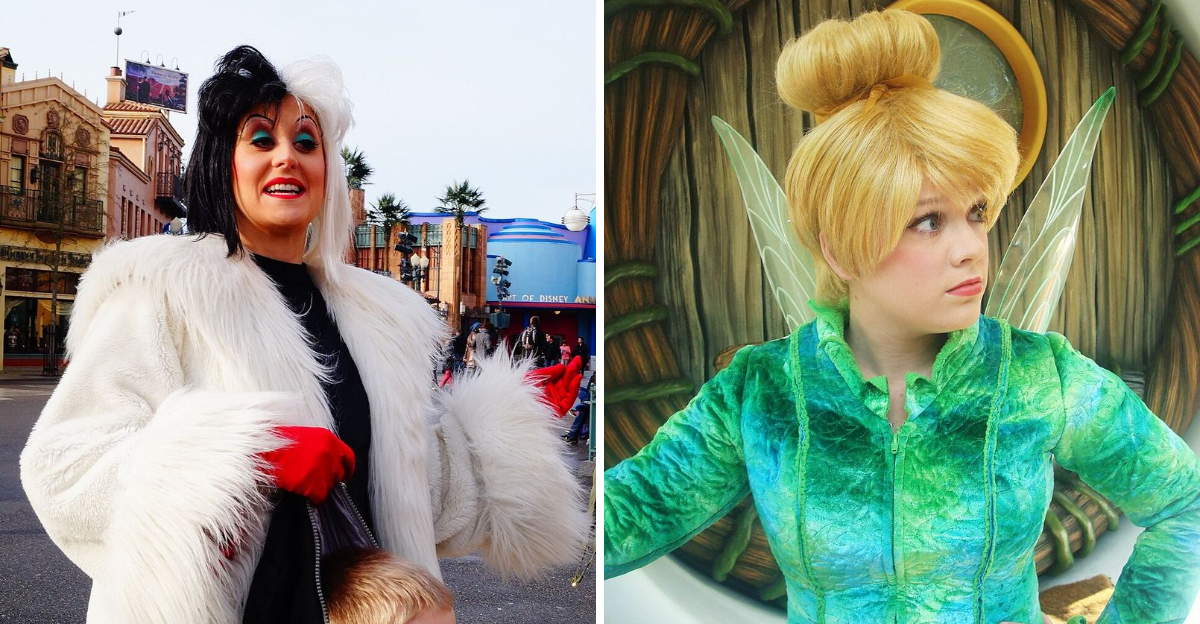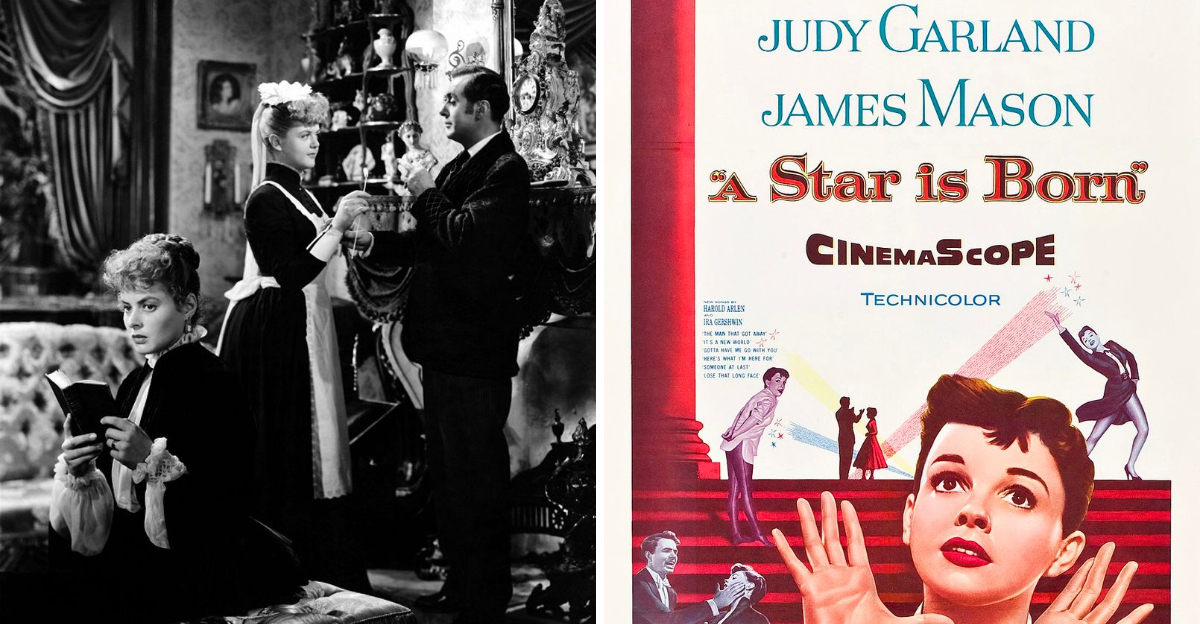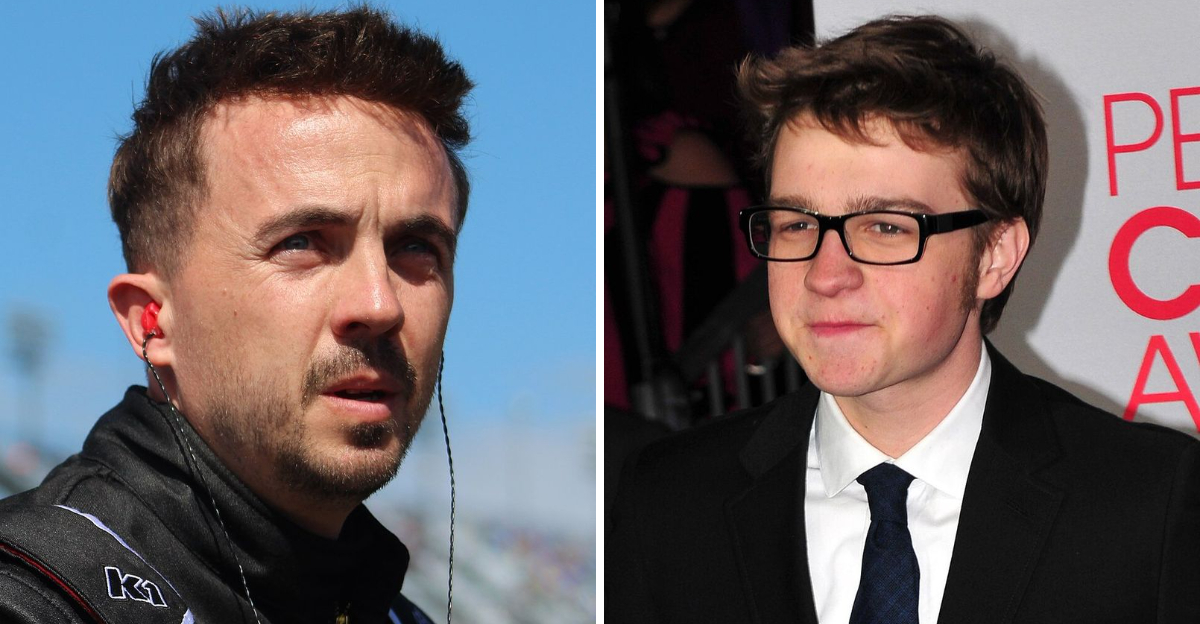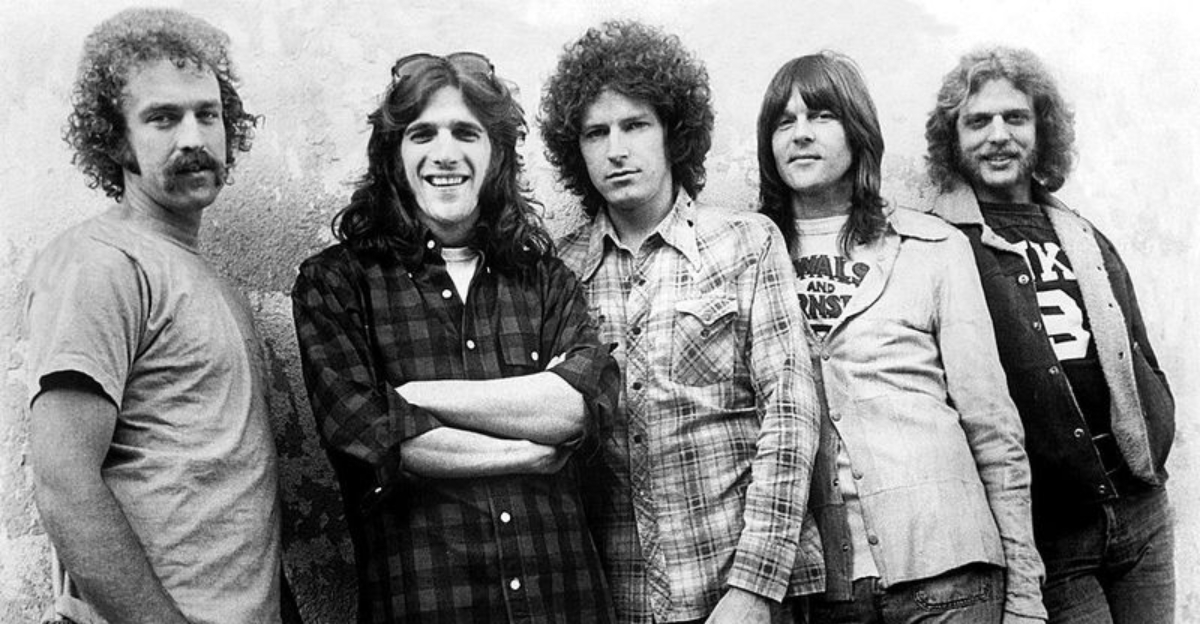11 Forgotten ’70s Actors That Time Somehow Skipped
Remember when TV screens glowed with familiar faces that made every Thursday night special?
The 1970s gave us incredible talent that shaped television history, yet many of those stars mysteriously faded from the spotlight. It’s time to rediscover the actors who once ruled primetime but somehow slipped through the cracks of pop culture memory.
1. John Amos
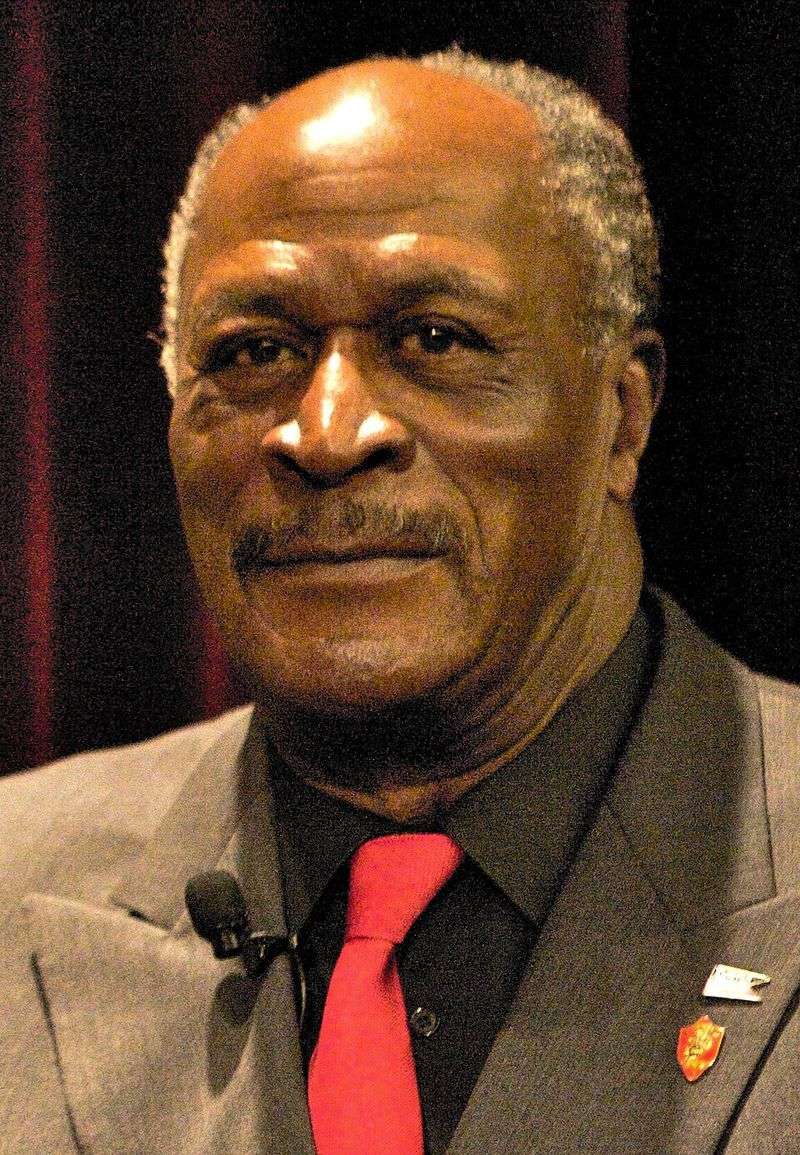
Before becoming James Evans Sr. on Good Times, this powerhouse performer brought strength and dignity to every role he touched. Many remember his commanding presence, but few realize how he fought behind the scenes to ensure authentic Black family representation on television.
Walking away from a hit show took courage most actors wouldn’t dare muster. His principles mattered more than paychecks, making him a true pioneer who deserves way more recognition today.
2. Karen Valentine
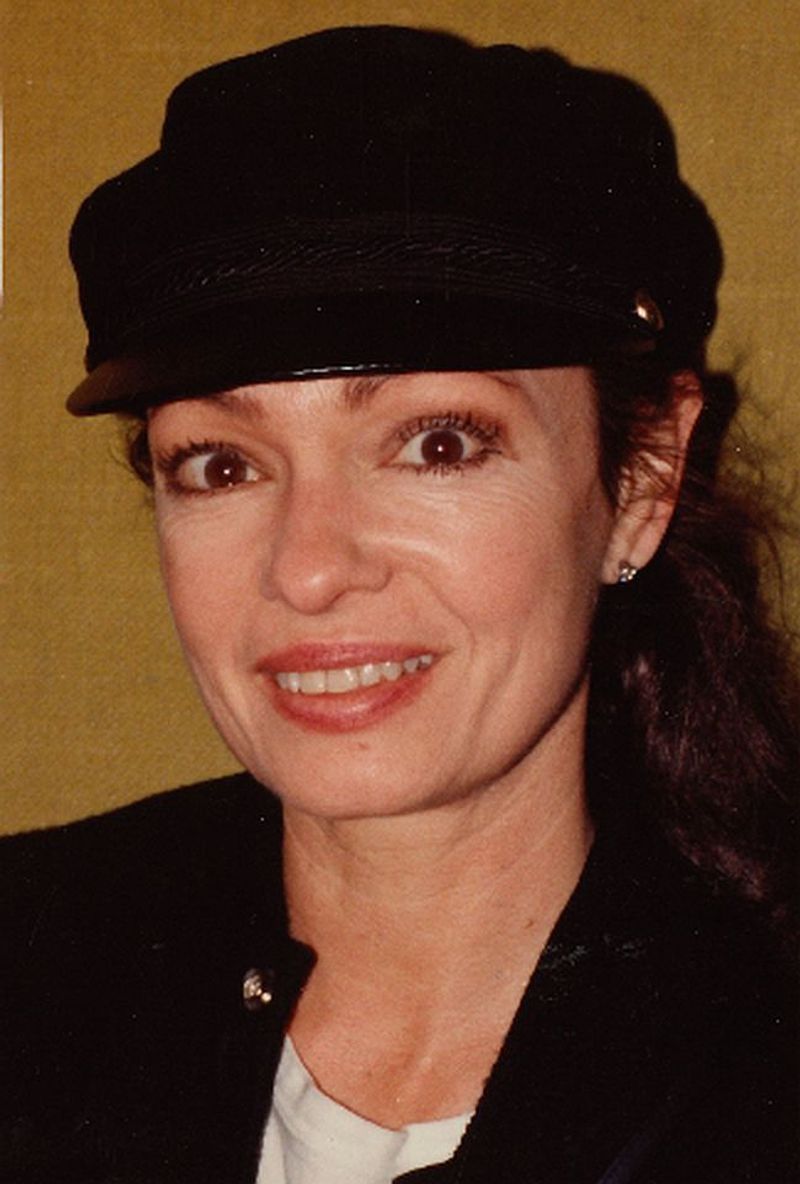
Winning an Emmy at just 22 years old sounds like a fairytale beginning, right? Room 222 made her a household name as the bubbly teacher everyone wished they had in real life.
After her groundbreaking show ended, she simply vanished from major projects despite her undeniable charm. Hollywood moved on quickly, leaving behind someone who sparkled with genuine warmth and talent that could light up any screen she graced.
3. Hal Linden
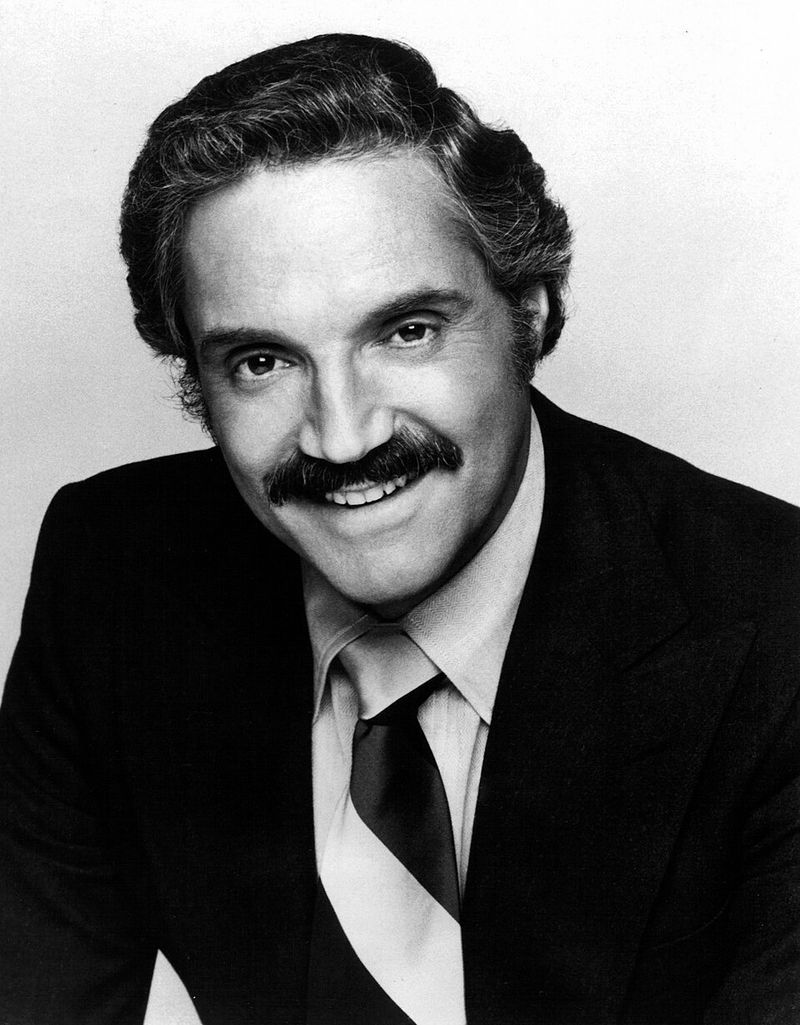
A Broadway star who traded musical theater for a police precinct became one of television’s most beloved captains. Barney Miller showcased his perfect blend of humor and authority, earning him multiple Emmy nominations throughout the decade.
Despite leading one of the smartest sitcoms ever created, he never reached the legendary status of other 70s icons. Today’s audiences barely know his name, which seems criminal given his incredible contributions.
4. Suzanne Pleshette
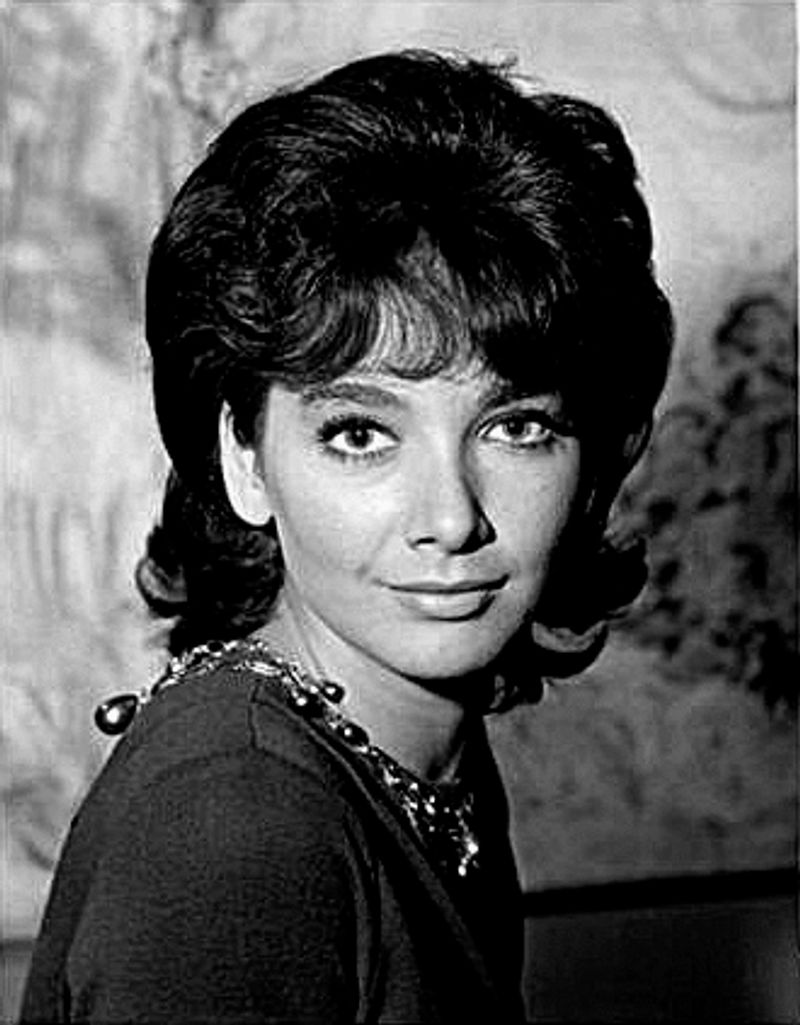
That distinctive husky voice could stop conversations mid-sentence and captivate millions every Saturday night. Playing Emily Hartley opposite Bob Newhart, she created television’s most believable marriage with wit sharper than any kitchen knife.
When the show wrapped, Hollywood seemed unsure what to do with such sophisticated talent. She deserved leading roles but instead got relegated to guest appearances, a fate completely unworthy of her remarkable abilities.
5. Dabney Coleman
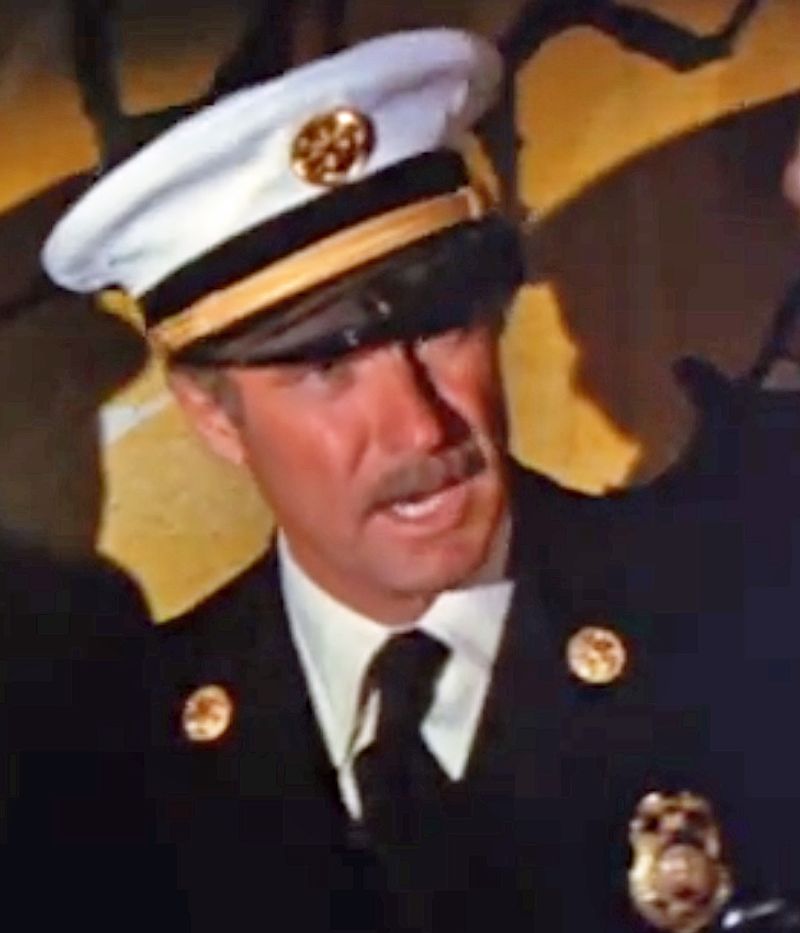
Playing villains requires special skill, and nobody did it better throughout the decade. Mary Hartman, Mary Hartman introduced audiences to his talent for making despicable characters somehow entertaining and almost likable.
Character actors rarely get the glory they deserve, and he’s the perfect example of overlooked excellence. His face appeared everywhere during the 70s, yet most people today wouldn’t recognize his name if you paid them a hundred bucks.
6. Richard Thomas
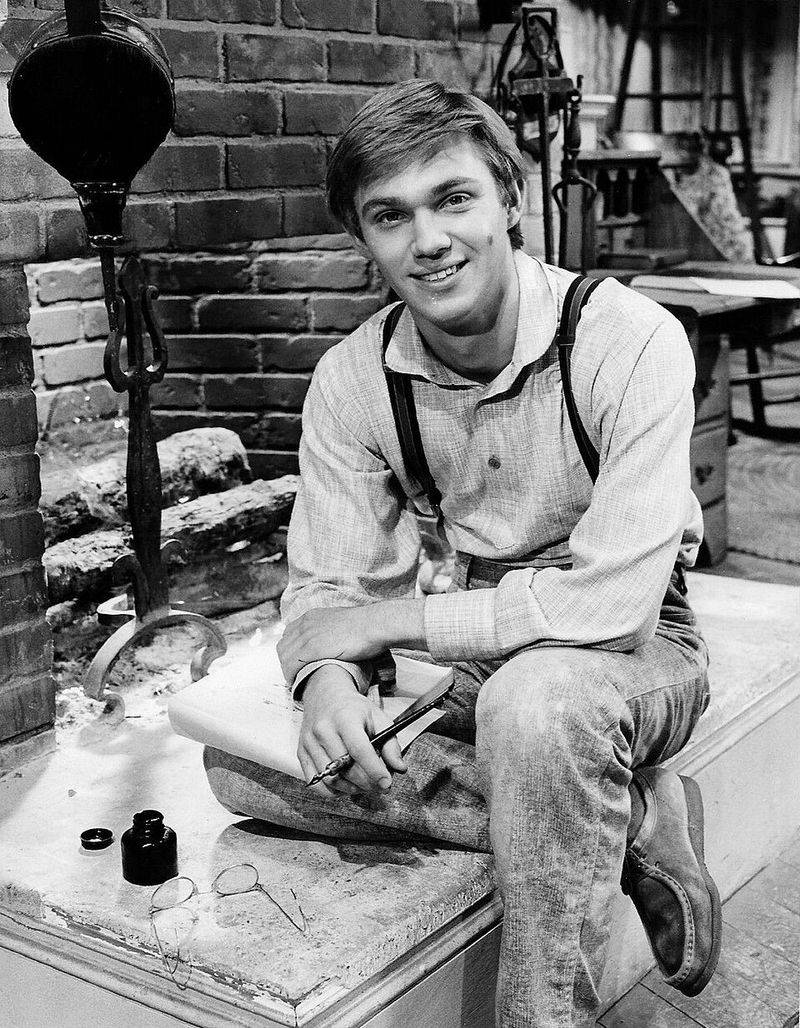
Goodnight, John Boy became America’s favorite bedtime phrase thanks to his portrayal of the aspiring writer on Walton’s Mountain. An Emmy winner at 23, he embodied wholesome family values when television desperately needed positive role models.
After leaving the show, he struggled to escape typecasting despite his obvious range. Hollywood couldn’t see past the overalls and mountain setting, robbing audiences of potentially brilliant performances in different roles.
7. Betty White

Wait, Betty White forgotten? Hear me out! During the 70s, she was just another supporting player on The Mary Tyler Moore Show, not yet the cultural icon she’d become decades later.
Sue Ann Nivens brought her scene-stealing abilities to millions, but back then, she wasn’t headlining anything major. It took another 30 years and Golden Girls reruns before America truly appreciated her comedic genius and timeless appeal.
8. James Broderick
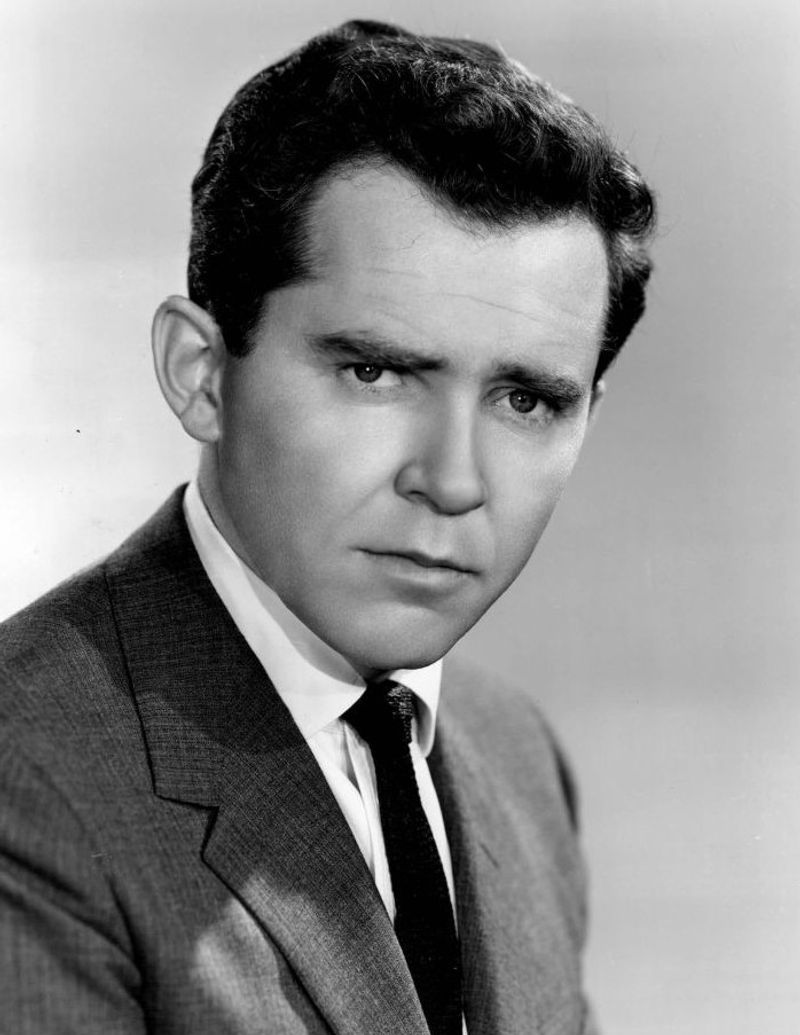
Creating television’s most realistic father figure takes subtlety that flashier actors could never manage. Family showcased his ability to portray genuine parenting struggles with honesty that made viewers feel less alone in the world.
Being Matthew Broderick’s dad is how most people identify him now, which feels tragically unfair. He crafted performances filled with nuance and depth, yet his legacy got overshadowed by his more famous son’s Hollywood career.
9. Florence Henderson
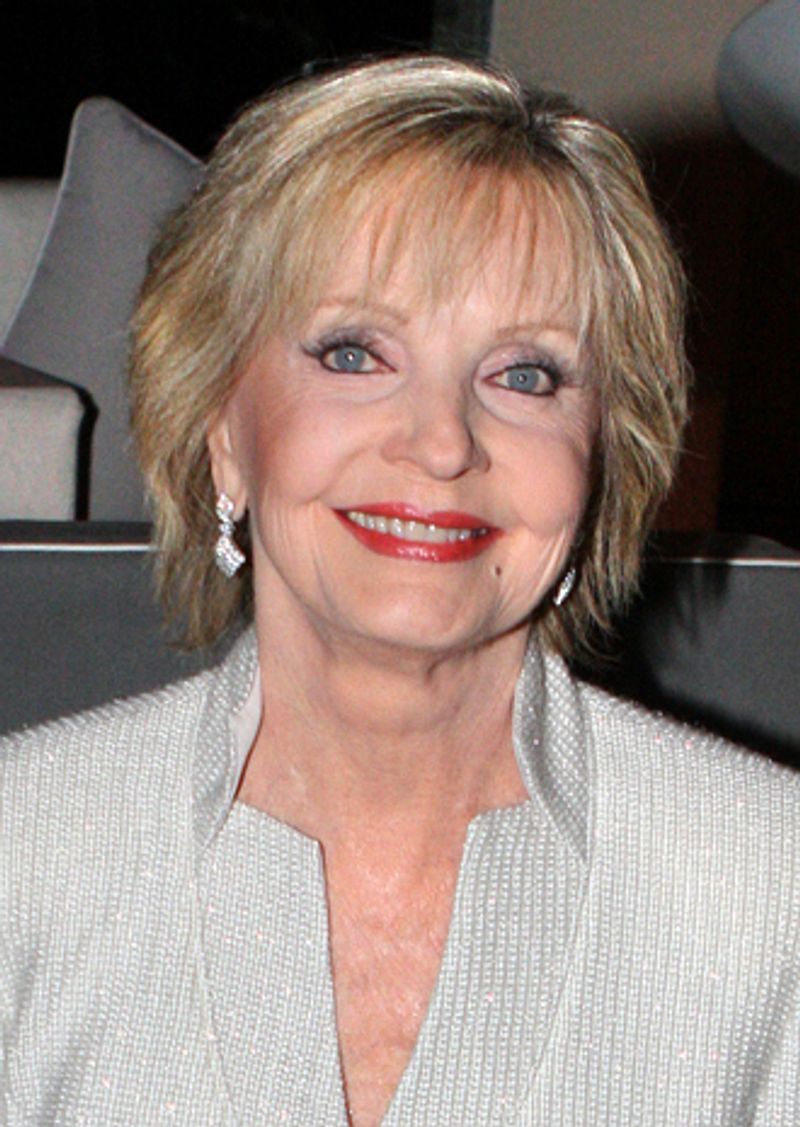
Sure, everyone knows Carol Brady, but how many people remember Florence Henderson as the versatile performer she actually was? The Brady Bunch defined her career so completely that Hollywood couldn’t imagine her doing anything else afterward.
She possessed genuine singing talent and comedic timing that deserved exploration beyond suburbia. Instead, she became trapped in Brady reunion specials and nostalgia tours, never escaping the shadow of that famous blended family.
10. Alan Alda
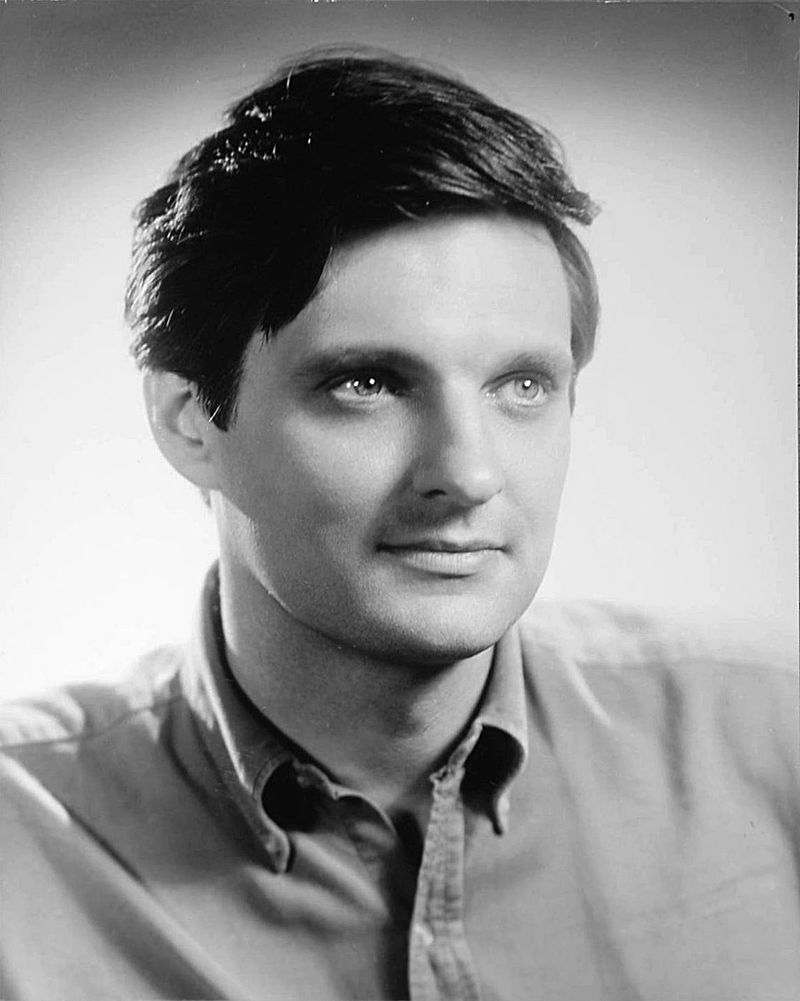
Hold on, Alan Alda forgotten? Actually, younger generations have absolutely no idea who Hawkeye Pierce was or why he mattered so much to American television history.
MASH dominated the 70s like few shows ever could, yet today’s streaming audiences skip right past it. His brilliant blend of comedy and drama influenced countless actors, but his name barely registers with anyone under 40 anymore, which seems absolutely bonkers.
11. Pat Morita
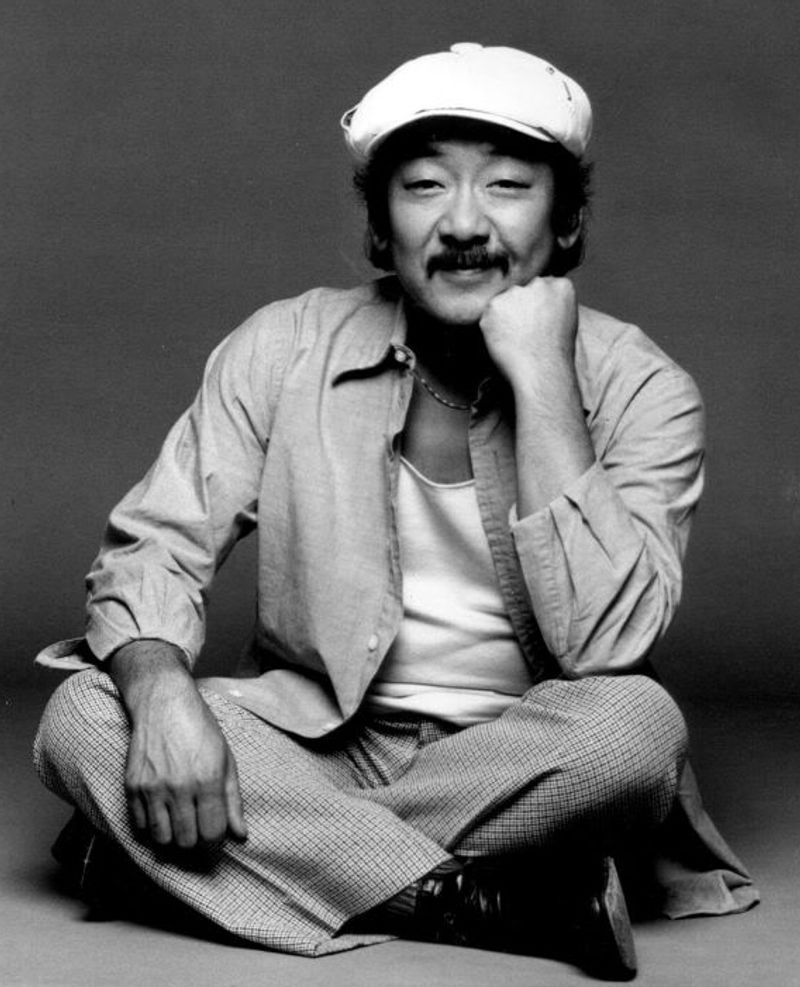
Before becoming Mr. Miyagi, he spent the 70s playing Arnold on Happy Days and bouncing between supporting roles that rarely showcased his full potential. Hollywood typically cast Asian actors in stereotypical parts, limiting what audiences could see of his abilities.
Arnold’s diner became iconic, but the man behind the counter remained invisible to most viewers. Recognition finally came in the 80s, proving talent eventually wins out over typecasting and narrow-minded industry thinking.

